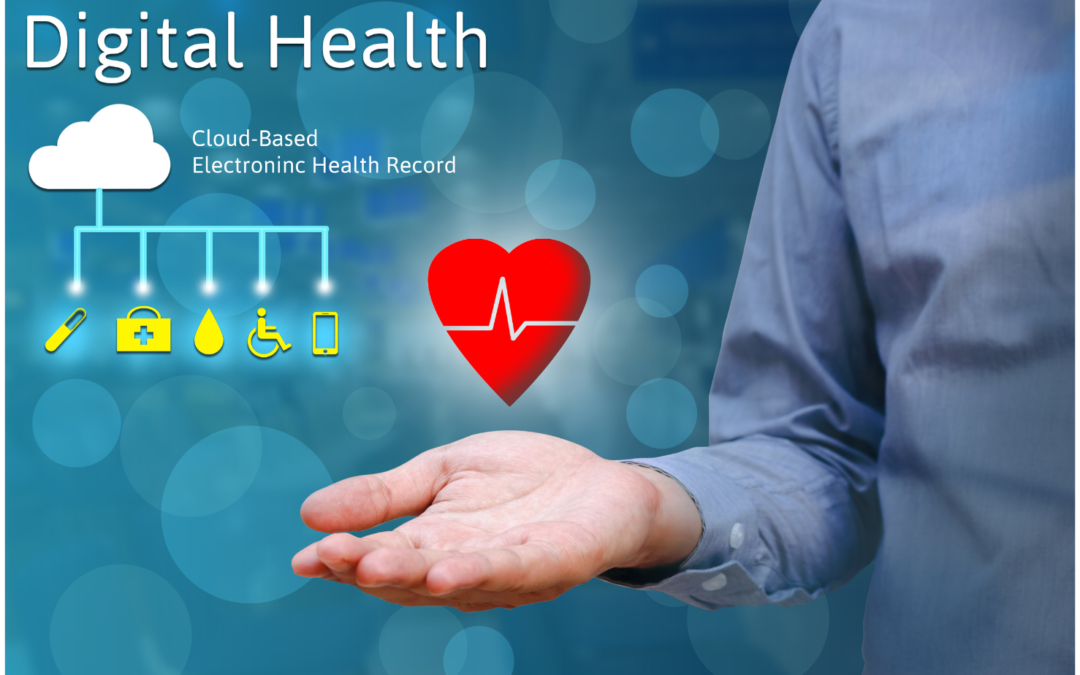Table of Contents
ToggleMedically Reviewed By: Dr Alexander Evans MD MBA FACS
Image Credit: Canva
Key Takeaways
- Rapid Innovation in Crisis Response: The blog highlights how digital health companies responded swiftly to global health crises by developing healthcare apps and software, providing essential services like teleconsultations and symptom tracking.
- Transformation through Telehealth and Web Development: It emphasizes the evolution of telehealth and the significant role of healthcare web development, making healthcare more accessible and information more readily available to a wider audience.
- Enhanced Digital Customer Care and Medical Software: The article underscores the advancements in medical software development and the importance of effective digital customer care, enhancing the user experience and the efficiency of healthcare delivery.
Discover more
“Work from home”; fond memories, eh? The dog under your flip-flops. No neckties. No collared shirts. No pants. And (we know, okay?) no bras. The Great Pandemic of 2019-2021. The developed world mostly had it good; technology came forward and work continued. Some say, even got better. But for the underdeveloped world, it was not so good. Lives were affected; lives were lost. In numbers no society should have to suffer. But a lot of the technological and digital transformations that helped restore developed societies to some form of quasi-normalcy eventually got deployed in the under-developed world too.
This, and the global health crises that came before it, forced the healthcare industry to embrace a new era, one that was marked by rapid technological developments and digital transformations to create urgent solutions while working against time. The digital health companies that have led this valiant charge with innovative solutions in healthcare software development, healthcare app development, and medical software development have played a pivotal role in addressing unprecedented challenges. We take this opportunity to narrate some of the success stories of these companies and how they have reshaped healthcare delivery through digital means.
The Emergence of Healthcare Apps and Software
During times of crisis, innovators sometimes do have to work at Hollywood speeds (culturing an anti-virus serum in 72 hours for example, or injecting oneself to test it), to adapt and to respond very quickly. During the recent global crises, Digital health companies actually did rise to this challenge in the most dramatic fashion, by accelerating healthcare app development. These apps provided digital alternatives for essential services such as teleconsultations, symptom tracking, and remote monitoring, effectively bridging the gap caused by social distancing measures. The development of these apps wasn’t merely about creating digital solutions; the real motivation behind the feverish innovative activity was the desire to ensure continuity of care in a disrupted healthcare landscape.
Revolutionizing Healthcare Web Development
The crisis also created the need – and the opportunity – for a flurry of healthcare web development activity. The world was fortunate that decades of investment in digital telecommunications infrastructure had placed the right digital resources at the disposal of developers – and end-users. Websites and online platforms became the go-to sources for reliable information, to book appointments, and even to have direct consultations with healthcare providers. This mass migration to digital alternatives underscored the crucial position user-friendly, accessible, and secure websites have acquired in managing health crises.
Role of Digital Doctors and Telehealth
The concept of the ‘digital doctor’ gained prominence, as telehealth evolved into an unavoidable necessity rather than merely a fancy convenience. Digital health companies were quick to develop platforms that supported virtual consultations, ensuring that medical advice was just a click away. This transformation highlighted the evolving role of healthcare professionals in a digital age and the growing acceptance of telehealth as a vital component of medical care.
Enhancing Digital Customer Care
As the demand for digital healthcare solutions soared, the need for effective digital customer care grew in tandem. Recognizing the importance of providing seamless support and guidance to users navigating these new digital health platforms Digital health companies redoubled their efforts towards creating intuitive user interfaces, offering 24/7 customer support, and making the digital experience as personalized and empathetic as traditional in-person consultations.
Advances in Medical Software Development
The health crises also provided an impetus for accelerating medical software development. Digital health companies invested in developing software that could handle large-scale data management, patient record systems, and predictive analytics. These tools not only improved the efficiency of healthcare delivery but also played a crucial role in tracking the spread of diseases and managing resources.
Conclusion
The success stories of digital health companies during global health crises are a bold testimony in support of the resilience and adaptability of the healthcare sector. These companies have not only responded to immediate challenges but have also paved the way for a more integrated, accessible, and efficient healthcare system. As we move forward, the lessons learned and the technologies developed will continue to shape the future of healthcare, making it more responsive to the needs of patients and healthcare providers alike.
Digital health companies have shown that with innovative healthcare software and app development, the possibilities for enhancing healthcare delivery are limitless. Their contributions during these times of crisis will undoubtedly leave a lasting impact on the healthcare industry for years to come.
Learn more with MarkiTech...
As well, Veyetals uses rPPG and AI modeling algorithms to capture the light reflected by the blood vessels under a patient’s skin to measure vitals anytime, anywhere.
Lastly, we are now launched our latest Mental Health AI Scribe tool called CliniScripts.com


